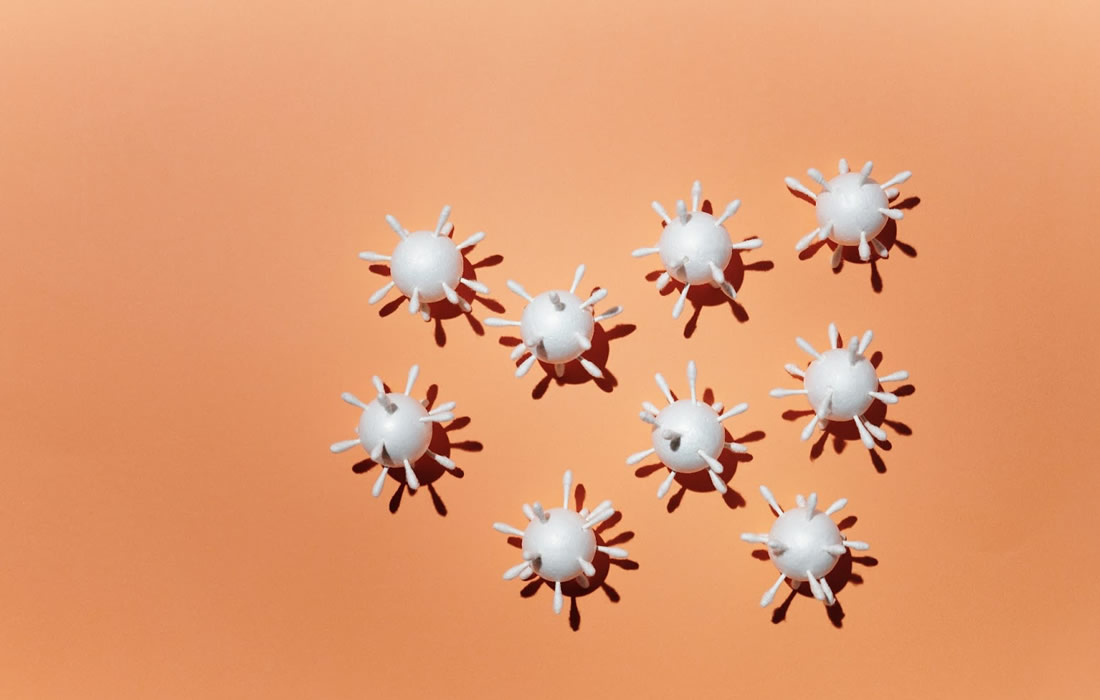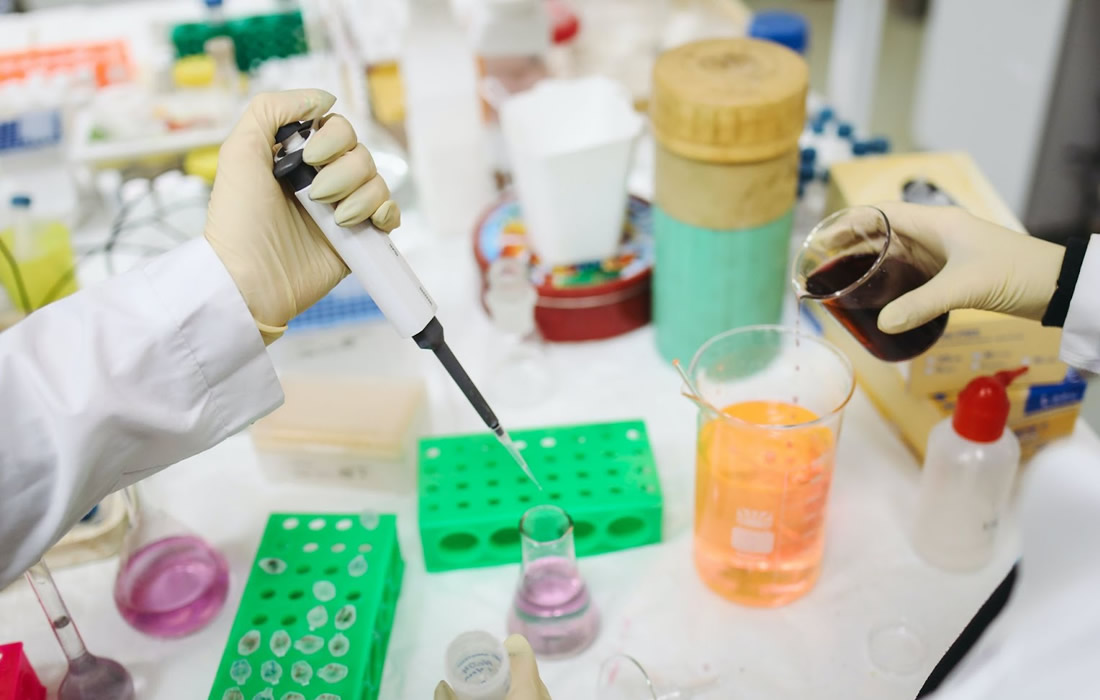An international team of researchers has developed a handheld, non-invasive device that can detect biomarkers for Alzheimer’s and Parkinson’s Diseases. The biosensor can also transmit the results wirelessly to a laptop or smartphone. The device relies on electrical rather than chemical detection, which researchers say is easier to implement and more accurate. Current state of […]
Author Archives: Rocio Gallegos, MD
A compound which binds to an inner region of a calcium channel to indirectly regulate it, outperformed gabapentin without troublesome side effects, providing a promising candidate for treating pain. Calcium channels play a central role in pain signaling, in part through the release of neurotransmitters such as glutamate and GABA according to Rajesh Khanna, director […]
Liver fibrosis may occur as a result of liver diseases such as metabolic dysfunction-associated steatotic liver disease (MASLD) and metabolic dysfunction-associated steatohepatitis (MASH), and currently, there is no medical treatment to cure liver fibrosis. Doctors often try to address the underlying causes of the diseases, such as obesity and diabetes, and these treatments may lead […]
Doctors often prescribe radiation along with surgery to treat a brain tumor called meningioma that originates in the protective membranes surrounding the brain. But side effects from radiation can be serious, including memory loss and cognitive decline, so it’s important to know which patients really need it. Now, researchers have found a highly accurate way […]
After 40 years of treating metastatic bladder cancer with chemotherapy as a primary treatment, scientists now present a new approach using immunotherapy combinations. The outcomes of these studies are going to revolutionize the landscape of bladder cancer treatment. Traditionally, cisplatin-based chemotherapy has been the standard treatment for bladder cancer patients who are able to tolerate […]
Crohn’s disease is a chronic inflammatory condition that can affect any part of the digestive tract, from the mouth to the anus. It causes inflammation and damage to the digestive system, leading to symptoms such as abdominal pain, diarrhea, weight loss and fatigue and complications such as strictures and fistulas. Crohn’s disease is a lifelong […]
Amyotrophic lateral sclerosis (ALS) is a neurodegenerative disease that affects neurons in the brain and spinal cord causing loss of muscle control. A study by the University of Barcelona has designed a potential therapeutic strategy to tackle this pathology that has no treatment to date. One of the most frequent causes of ALS is the […]
A rare but potent genetic mutation that alters a protein in the brain’s immune cells, known as microglia, can give people as much as a three-fold greater risk of developing Alzheimer’s disease. “This TREM2 R47H/+ mutation is a pretty important risk factor for Alzheimer’s disease,” said study lead author Jay Penney. In the study in […]
Cerebral small vessel disease (SVD) is a leading cause of age-related cognitive decline and contributes to almost half (45%) of dementia cases worldwide. It is also responsible for one in five (20%) ischemic strokes, the most common type of stroke. The majority of cases of SVD are associated with conditions such as hypertension and type […]
Old people who follow a Mediterranean diet are at a lower risk of cognitive decline, according to a study published in the journal Molecular Nutrition and Food Research. The study provides new evidence for a better understanding of the biological mechanisms related to the impact of the diet on cognitive health in the aging population. […]










